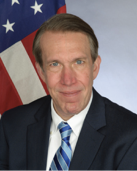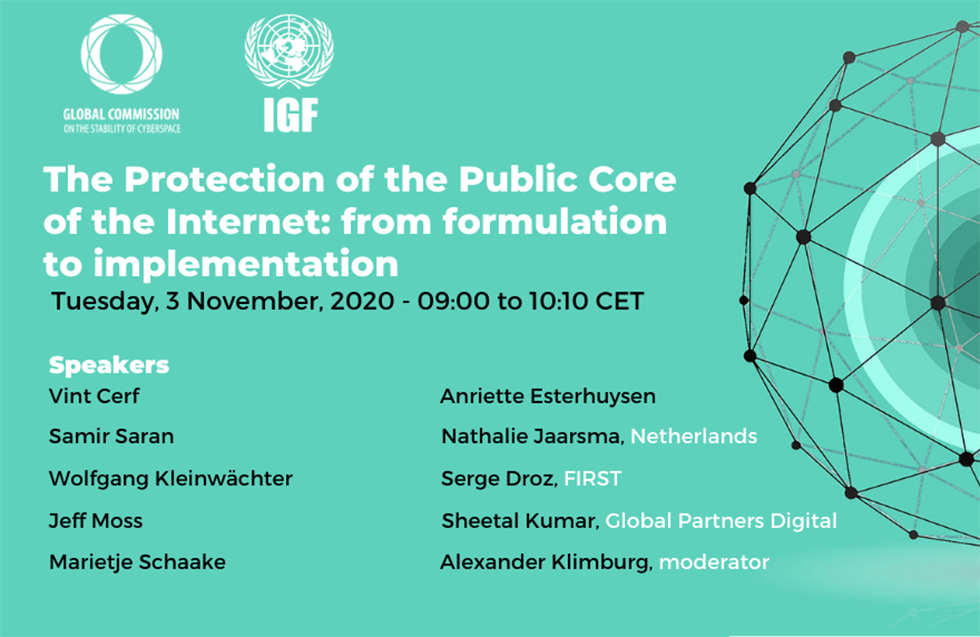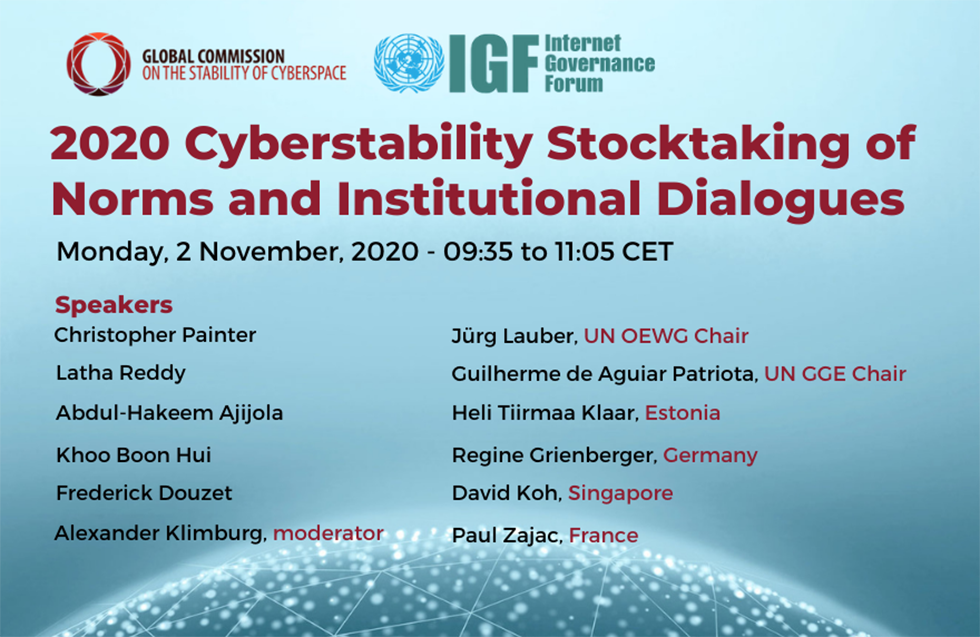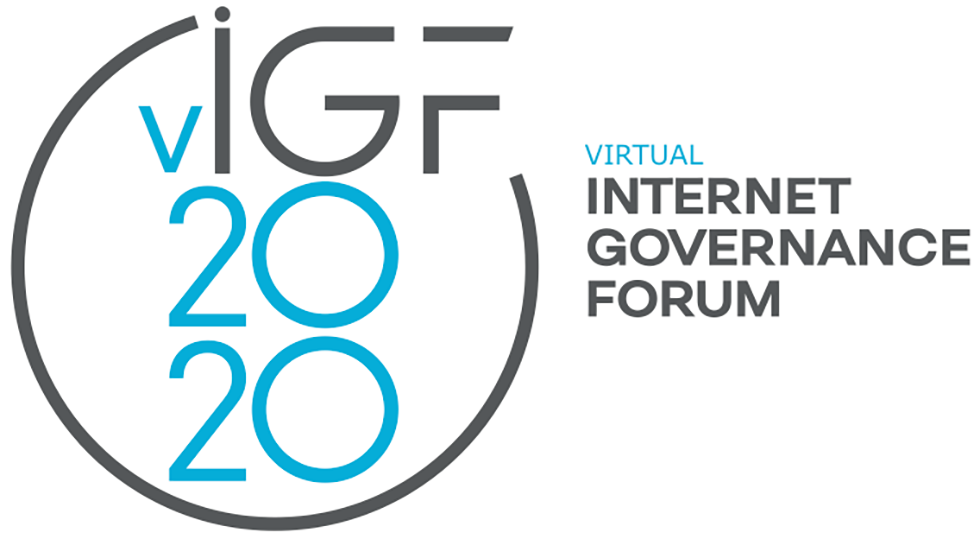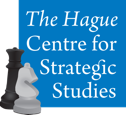The interview with the GCSC Commissioner Chris Painter was originally published by The Strategist.
Brendan Nicholson: As a top US cyber specialist, you’ve seen the internet shrink the world by allowing people to communicate over vast distances. It’s given us access to massive amounts of information and allowed oppressed people to unite and force change. But it’s also used by terrorists to encourage attacks and by nations to steal commercial and military secrets. Overall, has the net made the world a better or a more dangerous place?
Chris Painter: Every new technology from the beginning of mankind has been seized upon by criminals and others who have tried to exploit it. For better or worse, the internet was never conceived as a secure platform. Instead it was designed to ensure communication, survive and be resilient. On balance, it’s been a tremendous force for good in terms of social interaction, global communication and economic growth. So even with the mounting threats, I would definitely say it has made the world a better place. [—]
We need to be much better at imposing consequences on disruptive nation states. We must act collectively with like-minded countries, see what tools we have to deter a potential adversary’s behaviour, and be willing to use them. There’s a lot left to do in this area. For example, we still need to explore how existing international law maps to cyberspace, further articulate and gain wider acceptance of voluntary norms and improve collective response.
This work will involve governments, the private sector and civil society. Recently, for example, the Global Commission for the Stability of Cyberspace put forth a proposed norm that stated that state and non-state actors shouldn’t take actions that substantially disrupt the general availability of the global core of the internet.
Access the full article here.
